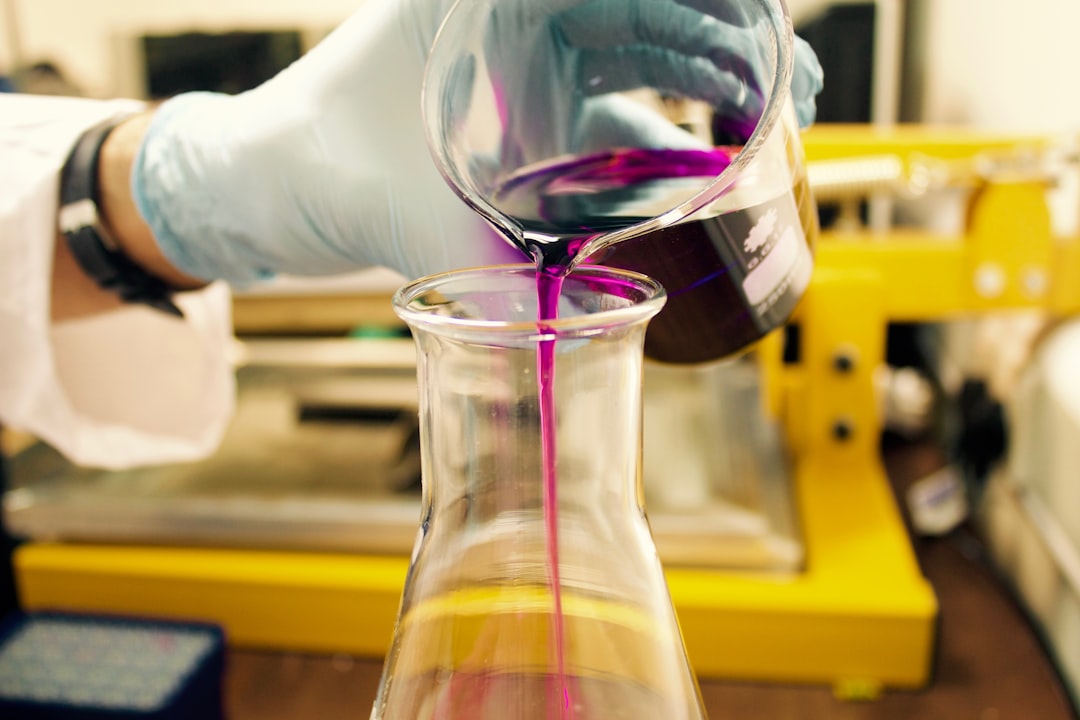Biochemist Kairarau Matū Koiora
Biochemists study the chemical structure and function of animals, plants and micro-organisms such as bacteria and viruses. They use this research to develop medical, industrial and agricultural products.
Biochemists may do some or all of the following:
- study the chemical make-up of living cells including genes, proteins and molecules
- study chemical processes such as cell development and disease
- study the effects of diseases or vaccines on living things
- develop and test new products such as medicines or ingredients
- write scientific reports and papers for journals
- manage laboratory teams.
Physical Requirements
Biochemists need to have good eyesight (with or without corrective lenses) and good hand-eye co-ordination as they work with small amounts of substances.
Useful Experience
Useful experience for biochemists includes:
- work with medicines or chemicals
- work as a science technician or medical laboratory technician
- other laboratory work
- experience writing reports.
Personal Qualities
Biochemists need to be:
- enquiring and observant
- self-motivated
- patient and detail-oriented
- creative and innovative
- good at problem solving
- good at writing and communicating
- good at planning and organising.
Skills
Biochemists need to have:
- knowledge of biology, chemistry and statistics
- knowledge of chemicals and their effects on living things
- skills in performing experiments and operating scientific equipment
- skills in researching, as well as interpreting and analysing research results
- maths and computer skills
- skills in writing grant proposals and funding applications.
Biochemists working at a senior level may also need team management skills.
Conditions
Biochemists:
- usually work regular business hours but may work evenings or overtime to meet project deadlines
- usually work in laboratories and offices, but some may work in the field collecting samples or performing field trials
- may travel locally and overseas to attend workshops and conferences
- may be exposed to hazardous chemicals, diseases and body fluids, but only in carefully controlled and well-regulated facilities.
Subject Recommendations
A tertiary entrance qualification is required to enter further training. NCEA Level 3 in maths, chemistry, physics and biology are recommended.
Related Courses
Biochemists can earn around $48K-$75K per year.
Pay for biochemists varies depending on qualifications, experience and the type of work they do.
- Biochemists with Bachelor's degrees can expect to earn $48,000 to $55,000 a year.
- Biochemists with Master's degrees usually earn between $55,000 to $75,000.
- Senior biochemists who have PhDs can earn between $76,000 to $94,000.
- With more responsibility and experience, biochemists can earn up to $130,000 or more a year.
Source: BioTech New Zealand, 2019.
Biochemists may progress to senior positions from working as technicians, become project leaders or do postgraduate study to specialise in a particular research area. They may also move into biotechnology, food technology, medical sales or teaching roles.
Years Of Training
3-9 years of training usually required.To become a biochemist you need to have one of the following qualifications:
- Bachelor of Technology majoring in biochemistry
- Bachelor of Science
- Bachelor of Science and Technology.
Postgraduate qualifications, such as a Master's degree or PhD, are recommended for those wanting to enter research-based positions.

 Marlborough Boys’ College
Marlborough Boys’ College